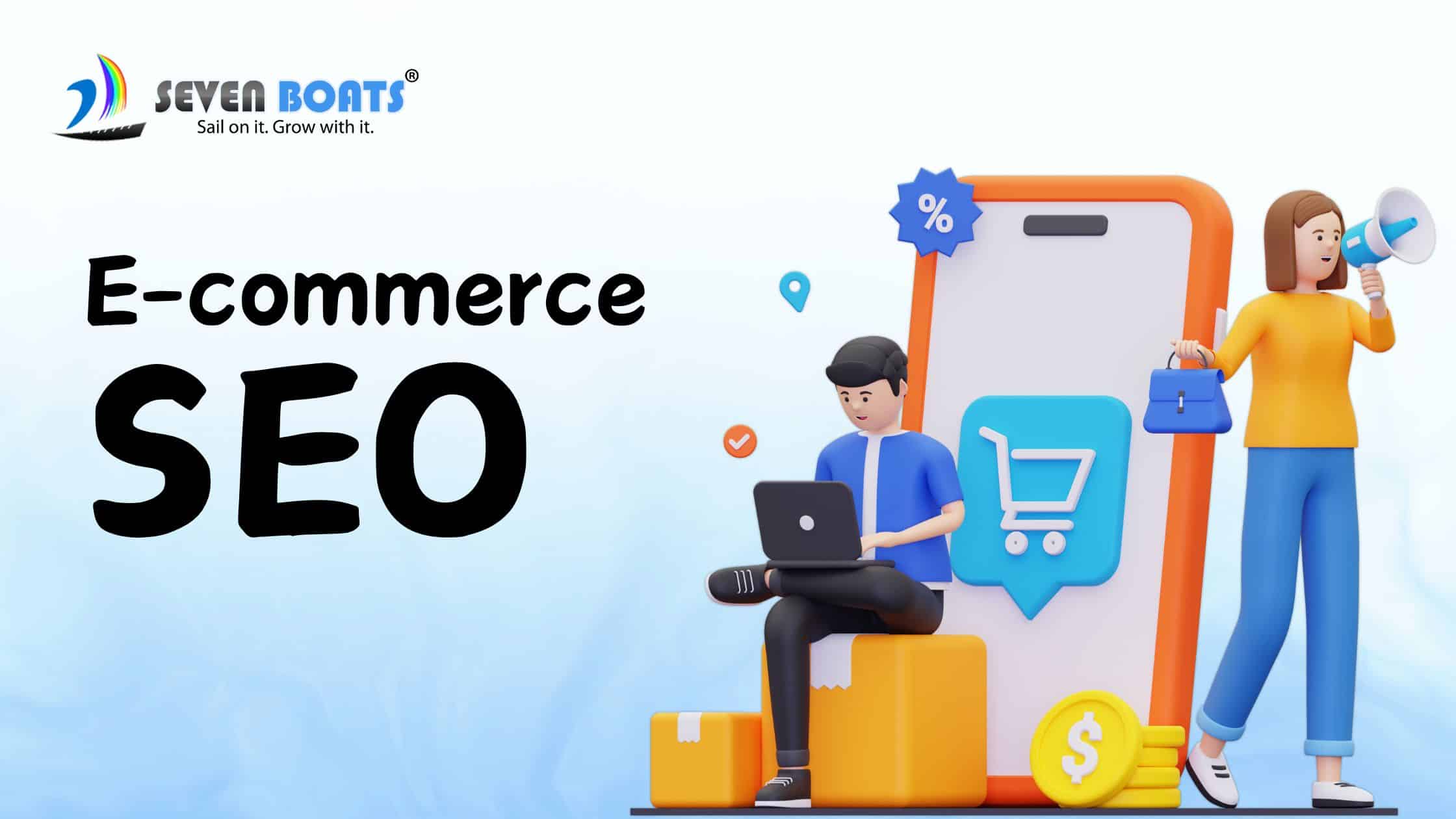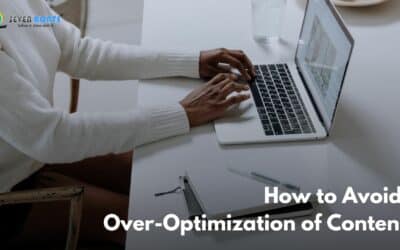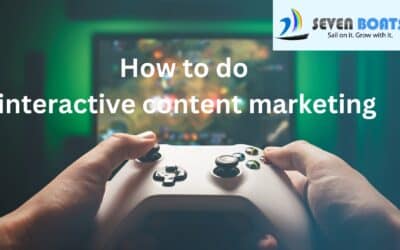E-commerce SEO (Search Engine Optimization) is the process of optimizing your online store to rank higher in search engines like Google for relevant keywords and phrases. The higher you rank, the more organic traffic you’ll get from people searching for products to buy.
Good e-commerce SEO helps your products get found more easily by the right shoppers at the ideal time – when they’re looking to make a purchase. It’s all about increasing visibility and driving more qualified traffic to your e-commerce site.
Why E-Commerce SEO Matters
SEO is crucial for any e-commerce business because it allows you to get your products in front of active buyers at virtually no recurring cost per visit after the initial optimization work is done. Compare that to paid advertising where you have to continually pay for each click.
With well-executed SEO, you can potentially get incredible amounts of targeted traffic to your product pages from organic search rankings. And that traffic is extremely valuable because those visitors have already told search engines exactly what they want to buy through their search queries.
Conducting Keyword Research
Keyword research is the foundation of any good SEO strategy for e-commerce. You need to identify the best keywords and phrases that your target customers use when searching for items to purchase.
Look for keywords with high search volumes and buyer intent, rather than just going after broad terms. So “buy men’s running shoes” would be better than just “running shoes.”
Use tools like Google’s Keyword Planner, SEMRush, Ahrefs and others to research relevant keywords in your niche and analyze the competition levels for each.
Optimizing Product Pages
Once you’ve identified your target keywords, it’s time to optimize your product pages around them. Here are some key areas to focus on:
Title Tags – Work your primary keyword into the title tag in a natural way. This is one of the most important on-page factors.
Product Descriptions – Weave your relevant keywords into the product description copy, being sure to prioritize a great user experience over just keyword stuffing. Unique, high-quality descriptions help a lot.
Image Optimization – Use your keywords in the image file names and alt text for all product images. Optimized images tend to get ranked and clicked on more in search results.
Technical Optimization – Ensure fast load times, a secure site with HTTPS, mobile-friendly design, proper URL structures, and other technical best practices to meet user expectations.

Blogging for E-Commerce SEO
In addition to optimizing product pages, smart e-commerce stores use blogging as an SEO strategy to get ranked for more keywords and drive additional traffic.
Blog posts allow you to target long-tail keyword phrases that may have too little search volume to optimize entire product pages around. You can also blog about topics tangentially related to your products to position yourself as an authority in your industry.
Consistent blogging of high-quality, in-depth content can be an SEO powerhouse for e-commerce over time. Just be sure to interlink your posts to relevant product pages.
The Importance of Quality Backlinks
Backlinks from other respected websites are still a crucial ranking factor for search engines. The more high-quality, relevant links you can earn pointing to your e-commerce site and product pages, the higher those pages will tend to rank.
Look for opportunities for guest blogging, getting mentioned and linked to by influencers in your niche, and having product reviews/mentions done by bloggers and publications your audience follows.
User Experience and E-Commerce SEO
Often overlooked is the major impact that user experience has on e-commerce SEO. Search engines want to rank websites that provide the best overall experience for users.
So in addition to optimizing the various traditional SEO factors discussed, you’ll also want to prioritize fast load times, easy navigation, mobile-friendliness, clear calls-to-action, trust signals like reviews, and overall great usability.
Things like high bounce rates and low time-on-site can be negative ranking factors if search engines interpret them as signs of a poor user experience.

Measuring and Refining Your Strategy
As with any marketing initiative, you’ll want to continually measure the performance of your e-commerce SEO efforts using tools like Google Analytics. Keep close tabs on metrics like:
- Organic search traffic and revenue
- Rankings for your target keywords
- Top exit pages
- Bounce rates and time-on-site
- Backlink profile growth
- Conversion rates from organic traffic
Look for areas of strength to double-down on and areas of weakness to improve. SEO is a long-term, iterative process, so keep refining your strategies over time based on data.
The Payoff of E-Commerce SEO
While SEO takes significant time and effort, the long-term payoff of getting it right for your e-commerce business is huge. With strategically optimized product pages and high rankings in organic search, you can drive a steady stream of targeted buyers straight to your online store on virtual autopilot.
Partnering with a digital marketing company can further enhance your SEO strategy, ensuring you stay ahead of the competition. Stay committed to SEO best practices, quality content creation, and continuous improvements based on analytics, and you’ll be rewarded with compounding growth from organic search traffic over time. E-commerce SEO is essential to success when done well.








Your article contains very valuable information.
Thank you very much… I really appreciate it
Useful content for blogger’s, thank you for this blog
E-commerce seo blog very help to my career point thankyou for shirring post
good
This e-commerce SEO guide is incredibly helpful for online retailers! The tips on optimizing product descriptions, using relevant keywords, and enhancing site speed are essential for improving visibility and driving traffic. Implementing these strategies can really make a difference in reaching potential customers and boosting sales. Thanks for sharing these valuable insights!